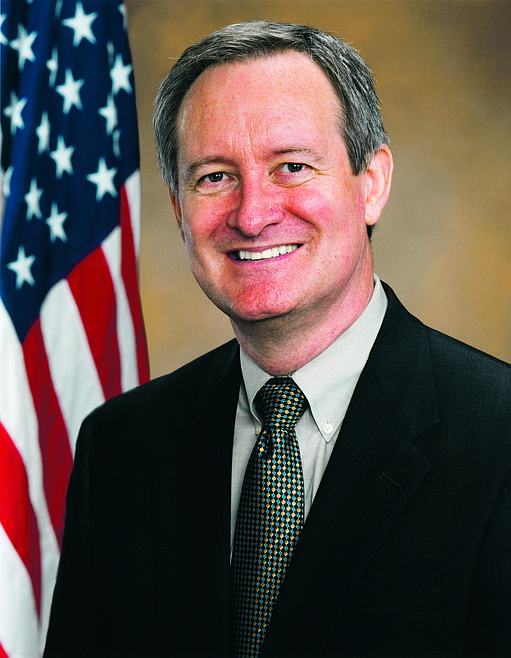It's time to address the veterinarian shortages in Idaho
Qualified veterinarians in agricultural communities across Idaho and the nation are a key part of maintaining animal health and welfare, and ensuring ranchers and farmers have access to care for their livestock. Overly burdensome federal taxes on the Veterinary Medicine Loan Repayment Program limit the reach of the program’s benefits, and addressing those limitations would allow more veterinarians to have the opportunity to practice in small, rural communities where their services are in critical need.
I joined fellow Senate Finance Committee member Debbie Stabenow, D-Michigan, in reintroducing bipartisan legislation to address the shortfall of veterinarians in rural areas. A bipartisan group of 13 senators, including fellow Senator Jim Risch, R-Idaho, have co-sponsored this legislation so far this Congress. S. 2215, the Veterinary Medicine Loan Repayment Program Enhancement Act, would help meet the growing demand for veterinarians nationwide by eliminating taxes on the VMLRP that encourages veterinarians to practice in underserved areas.
Unfortunately, nearly every state has a rural community that suffers from a shortage in essential veterinary services. The U.S. Department of Agriculture’s National Institute of Food and Agriculture (NIFA) provides an online map (www.nifa.usda.gov/vmlrp-map) illustrating the veterinary shortage situation across our country. Six regional areas in Idaho are among the 221 USDA-designated veterinary shortage areas for 2021. These shortage areas include Adams, Bear Lake, Bonner, Boundary, Canyon, Caribou, Cassia, Clearwater, Gem, Idaho, Kootenai, Lewis, Minidoka, Nez Perce, Payette and Washington counties. Additionally, there are unmet needs for public sector veterinarians to administer regulatory programs, conduct oversight and respond to widespread livestock disease threats.
In a May 28, 2021, blog post, NIFA Social Science Specialist Danielle Farley explained the problem, “Food animal producers rely on veterinarians with expertise in animal medicine and surgery as well as advanced training in herd health, diagnostic medicine, epidemiology, public health, and food safety. One cause for this shortage is the high cost of professional veterinary medical education. Graduates of veterinary colleges typically have, on average, student loan debt greater than $150,000. The high cost of veterinary education leads many new graduates to choose lucrative career paths such as small animal medicine.”
In 2003, Congress established the VMLRP to help address the need for veterinarian services. The program assists selected food animal and public health veterinarians with student loan repayment for a three-year commitment to practice in areas of the country facing a veterinarian shortage. This program helps veterinarians pay down their student loan debt so they can afford to start a practice where it is most needed.
The VMLRP, however, is subject to a significant federal withholding tax of 37 percent on the assistance provided to qualifying veterinarians. This limits the reach of the program and its benefits. In a letter to Congress urging passage of the VMLRPA Enhancement Act, more than 100 agricultural and veterinary medicine organizations, including the Idaho Veterinary Medical Association, wrote, “Since 2010, the U.S. Department of Agriculture has made 552 awards to public practice and food animal veterinarians in 47 states, Puerto Rico and federal lands. Meanwhile 1,632 veterinarians have applied to fill shortage areas since the program’s launch. Had these awards been exempt from withholding taxes, roughly one additional veterinarian would have been selected to practice in communities throughout rural America for every three awards made.”
It is time we eliminate this burdensome tax to improve access to veterinary care in rural areas in Idaho and across the U.S. Enacting the VMLRP Enhancement Act will help ensure veterinarians can serve in rural areas where they are needed most, strengthen rural economies and protect the safety of our food supply.
Mike Crapo represents Idaho’s First Congressional District in the U.S. Senate. He can be reached at crapo.senate.gov.

